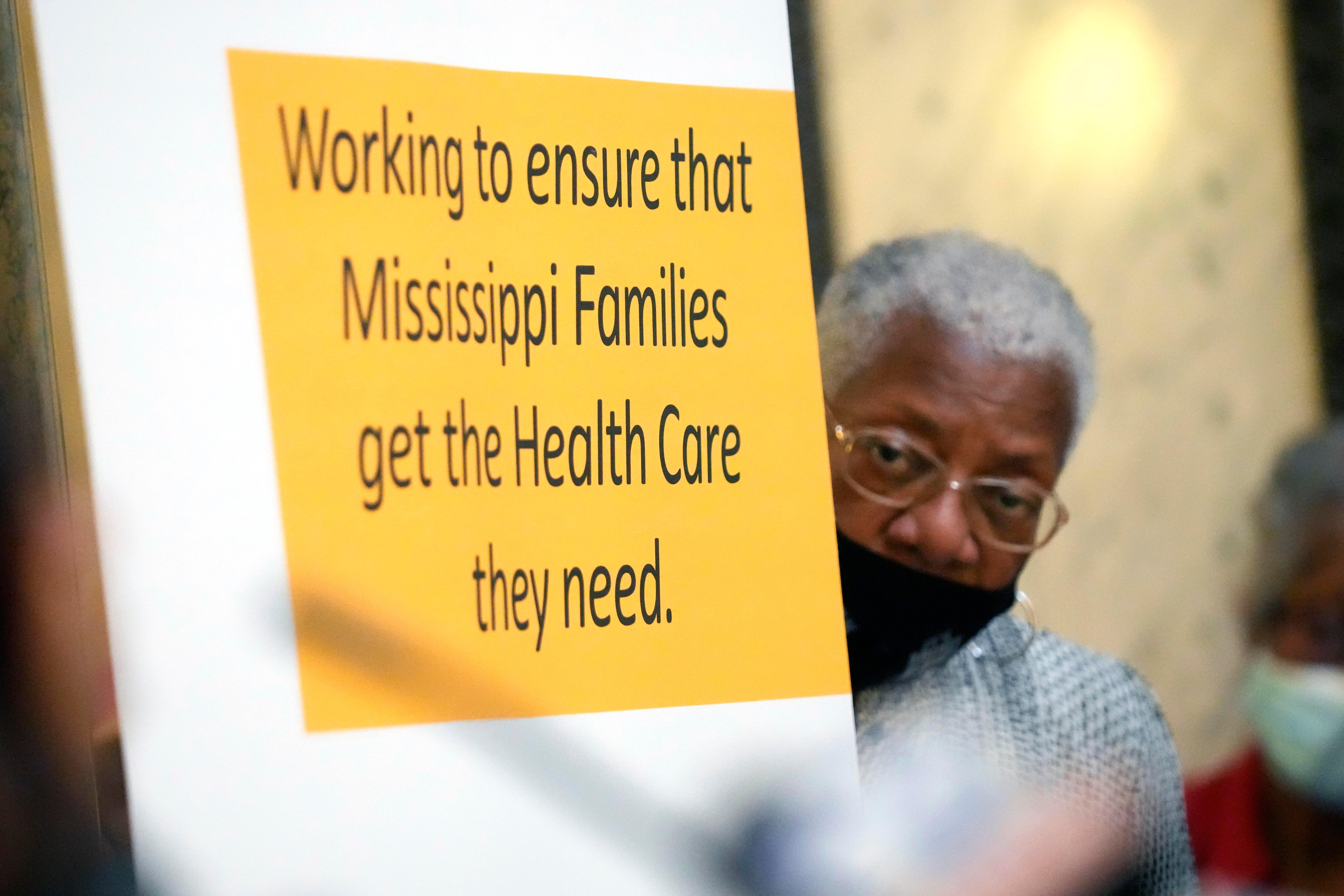Johnson noted that Alabama’s and Mississippi’s distinct needs helped shape their funding allocations. They also led the HRSA to partner with local organizations and health providers who could best address them.
By working directly with community-based entities, HRSA aims to create sustainable, community-driven solutions that can evolve with each area.
Mississippi, with its high maternal mortality rates, will use the $3.6 million it received to primarily focus on improving prenatal and postpartum care. The investment includes expanding services like prenatal care, lactation support and workforce development for healthcare professionals.
“In Mississippi… Black women, in particular, face a maternal mortality rate 2 to 3 times higher than white women,” Johnson said. “We’re working to address the unacceptable disparities in maternal health outcomes by building partnerships between local health providers, community organizations and primary care practices.”
Delta Health Center, one of the local grantees in Mound Bayou, Mississippi, is expected to use the funding to ensure that women in rural areas can access prenatal care earlier and are connected to services like home visitations from health care providers. It also plans to address broader social determinants of health through nutrition education, lactation support, and postpartum care.
“They’re focusing on the whole picture,” Johnson said. “It’s not just about getting to a prenatal visit, it’s about making sure people are getting the nutrition they need, lactation support after birth, and access to community resources.”
In Alabama, where substance use disorder remains a persistent issue, the focus will be on expanding services for those struggling with opioid use disorder. HRSA is allocating $3 million specifically for substance use treatment in rural areas, where opioid overdoses have risen sharply over the past decade.
The Carver Medical Care Foundation, a recipient of the funding, plans to increase its reach into more rural counties by hiring and training additional staff to provide addiction treatment services. It will also help patients reintegrate into their communities after treatment, addressing issues like continuing care, transportation, employment opportunities — a critical need for long-term recovery — and prioritizing vulnerable populations, like those recently released from jail, who are at high risk for overdose.
“Alabama’s proposal is exciting because it not only focuses on treatment but also supports recovery,” Johnson said. “It’s not enough to treat someone’s addiction; we have to support their journey through recovery and help them sustain that recovery. That’s where we see the greatest long-term success.”




